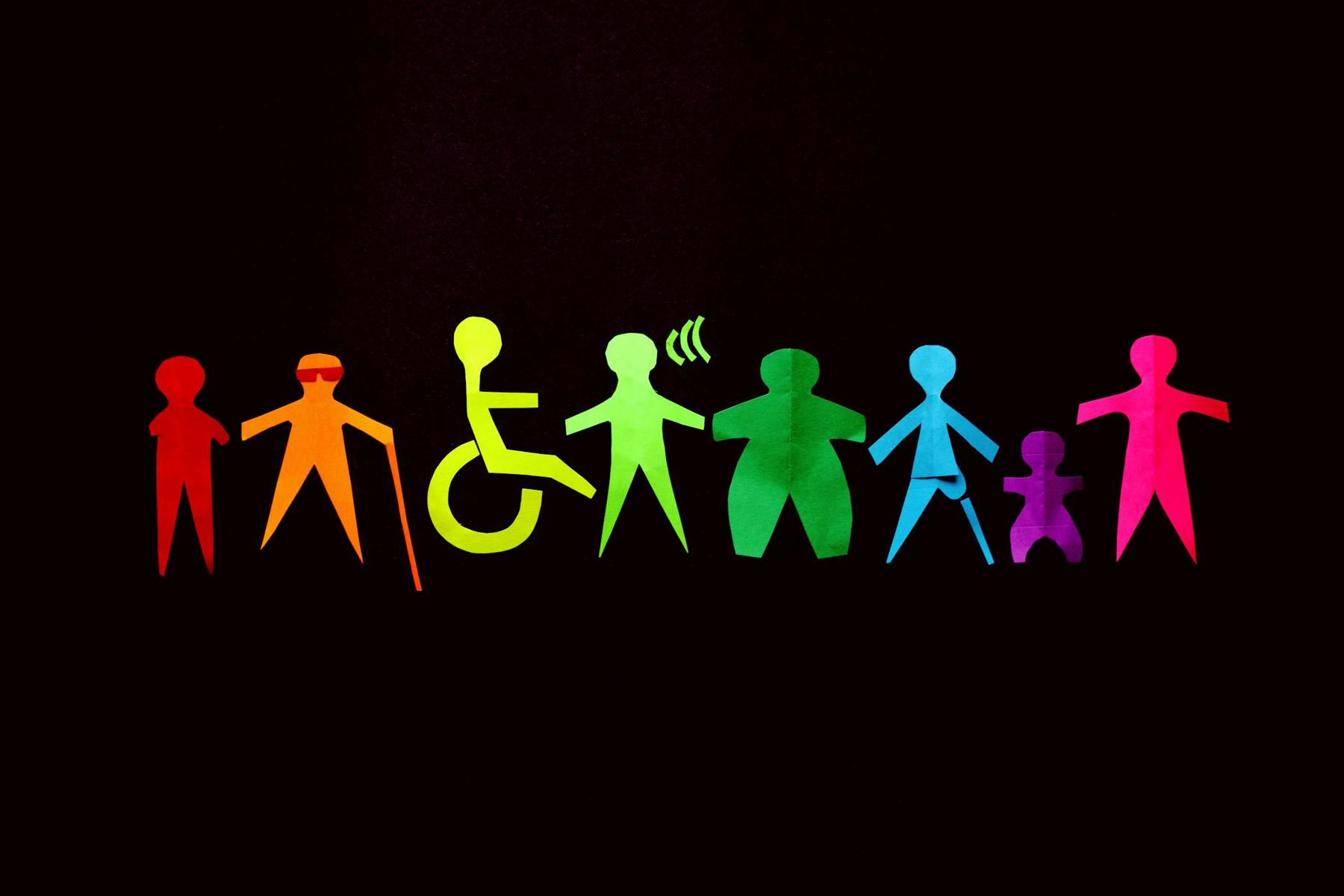Navigating the complex world of disability support services can feel like trying to find your way through a maze without a map. For many individuals living with disabilities in Cairns and their families, understanding what supports are available—and how to access them—can be overwhelming. This is where a support coordinator becomes an invaluable ally on your journey towards independence and enhanced quality of life.
What Exactly Is a Support Coordinator?
A support coordinator acts as your personal navigator through the National Disability Insurance Scheme (NDIS) landscape. Think of them as the bridge between you and the services you need—a knowledgeable guide who understands both the intricacies of the NDIS system and your unique personal circumstances.
Support coordinators are professionals trained to help NDIS participants implement their plans effectively, connect with appropriate service providers, and work towards achieving their goals. They serve as advocates, planners, and problem-solvers, ensuring that participants can maximise the benefits of their NDIS funding. In Cairns, support coordinators often have specialised knowledge of local services and community resources, making them particularly valuable for residents seeking to build meaningful connections within their local area.
What Are the Key Responsibilities of a Support Coordinator?
Support coordinators wear many hats, adapting their approach to meet the specific needs of each participant. Their responsibilities typically fall into three main categories:
1. Plan Implementation and Education
- Translating technical NDIS language into clear, actionable information
- Explaining how funding can be used across different support categories
- Helping participants understand their rights and responsibilities
- Assisting with setting realistic, achievable goals
- Providing education about how to make informed choices about services
2. Service Coordination and Crisis Management
- Researching and recommending suitable providers based on participants’ needs and preferences
- Negotiating service agreements and ensuring they align with NDIS guidelines
- Coordinating between multiple service providers to create a cohesive support network
- Monitoring service quality and addressing any issues that arise
- Developing and implementing contingency plans for crisis situations
- Advocating on behalf of participants when challenges occur
3. Capacity Building and Community Integration
- Building participants’ skills to self-manage aspects of their plans
- Connecting individuals with community resources and activities
- Promoting social inclusion and meaningful engagement
- Assisting with developing self-advocacy skills
- Supporting transitions between different life stages or living arrangements
How Do Support Coordinators Help NDIS Participants in Practice?
Consider how these services operate across different levels of complexity:
| Support Coordination Level | Description | Typical Activities | Best For |
|---|---|---|---|
| Level 1: Support Connection | Basic assistance with implementing NDIS plans | Helping find providers, initial setup of services, basic plan monitoring | Participants with straightforward needs requiring minimal ongoing support |
| Level 2: Coordination of Supports | Comprehensive coordination of various services | Detailed provider research, complex scheduling, regular plan reviews, problem-solving | Participants with moderate to complex needs requiring ongoing coordination |
| Level 3: Specialist Support Coordination | Highly specialised support for complex situations | Resolving systemic barriers, coordinating with multiple systems, managing high-risk situations | Participants with complex needs or those requiring intensive support during crises |
The approach taken by quality support coordinators is always participant-led. While they provide guidance and expertise, your preferences, goals, and values remain at the centre of all decision-making.
Who Can Benefit from Support Coordination Services?
Support coordination may be beneficial if:
- You’re managing complex support requirements with multiple service providers, therapies, or assistive technologies.
- The NDIS system feels challenging to navigate, with administrative aspects that can be overwhelming.
- Your circumstances are prone to change or crisis, requiring adaptable and timely support arrangements.
- You are working toward significant life transitions, such as moving from school to employment or transitioning to independent living.
What Makes Support Coordination in Cairns Unique?
Support coordination in Cairns is marked by:
- Local Knowledge and Connections:Coordinators have invaluable insights into local services ranging from specialised healthcare to accessible recreational activities.
- Cultural Awareness and Inclusion:An understanding of culturally appropriate services, especially important in diverse communities including significant Indigenous populations.
- Geographic Considerations:Familiarity with both urban and remote areas in Cairns ensures support plans are practical and account for transportation and accessibility challenges.
How to Choose the Right Support Coordinator for Your Needs
When selecting a support coordinator in Cairns, consider their:
- Experience and Specialisation:Look for expertise relevant to your specific disability or circumstances.
- Communication Style and Availability:Ensure their communication methods and availability align with your needs.
- Local Knowledge and Connections:A well-connected coordinator can open doors to quality local supports and community participation opportunities.
- Values Alignment:Choose someone who respects your choices and advocates for you in a manner consistent with your personal values.
Remember, you have the right to change your support coordinator if the relationship isn’t working for you.
The Value of Professional Support Coordination
Quality support coordination does more than just connect you with services—it empowers you to live life on your own terms. By handling the complex logistics of service delivery and navigation, a support coordinator frees you up to focus on pursuing your goals and engaging meaningfully with your community. For residents in Cairns, professional support coordination represents an investment in independence, well-being, and a higher quality of life.
Is Support Coordination Funded Under the NDIS?
Yes, support coordination is funded under the NDIS for many participants. The funding and level of support (whether it’s Support Connection, Coordination of Supports, or Specialist Support Coordination) depend on individual needs as determined during your planning meeting. If you feel you need additional support coordination, you can request a plan review.
How Often Should I Meet with My Support Coordinator?
The frequency of meetings will vary depending on your needs and the complexity of your plan. Early on, you might meet weekly or fortnightly to set up services. As your supports become established, meetings may shift to monthly or on an as-needed basis. A quality support coordinator will tailor their engagement to suit your situation.
Can I Change My Support Coordinator If I’m Not Satisfied?
Absolutely. If you feel your current support coordinator isn’t meeting your needs, you have the right to change providers. This process typically involves notifying your current provider, selecting a new coordinator, and having your NDIS portal updated accordingly.
What’s the Difference Between a Support Coordinator and a Local Area Coordinator (LAC)?
While both roles assist NDIS participants, a Local Area Coordinator typically helps people access the NDIS and develop their plans as part of a broader program with larger caseloads, whereas a support coordinator offers more personalised, ongoing assistance with implementing your plan and connecting with services.
How Does Support Coordination Differ from Case Management?
Support coordination is specific to the NDIS and focuses on helping participants implement their plans while building their capacity for greater independence. In contrast, case management generally refers to services outside the NDIS, such as in healthcare or aged care, where a professional manages various aspects of care.



